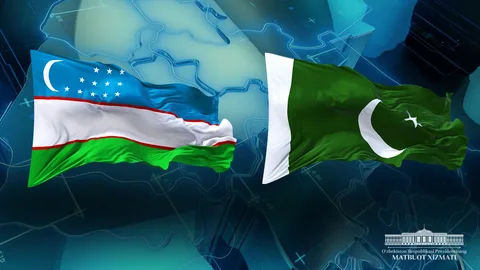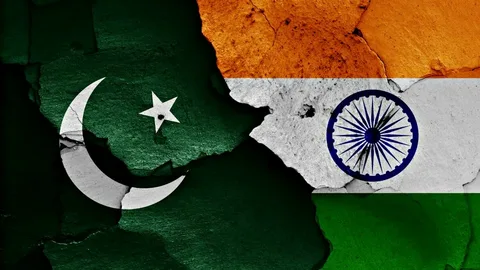Pakistan Successfully Launches Remote Sensing Satellite with China’s Help
Pakistan’s Leap Forward in Space Technology
On a historic day, Pakistan marked a significant milestone in its space exploration journey by successfully launching an advanced remote sensing satellite from the Xichang Launch Centre in China.
This achievement is a testament to the country’s growing capabilities in space technology, courtesy of the collaborative efforts between Pakistan’s Space & Upper Atmosphere Research Commission (SUPARCO) and its Chinese counterparts.
The satellite, indigenously developed and designed by SUPARCO, has reached its orbit and is set to play a pivotal role in monitoring critical projects, including those under the China-Pakistan Economic Corridor (CPEC).
This launch is not just a technological feat but also a symbol of the strong bilateral relations between Pakistan and China.
It underscores the depth of cooperation between the two nations, extending beyond economic and infrastructure development into the realm of scientific research and exploration.
The successful deployment of the satellite is a beacon of hope for the future of Pakistan’s space programme and its potential to contribute significantly to the country’s development.
Implications and Applications
The advanced remote sensing satellite is poised to bring about a revolution in various sectors in Pakistan. One of its primary roles will be in the management of natural resources and monitoring of CPEC projects.

This will not only enhance the efficiency of these projects but also ensure their sustainability. Moreover, the satellite’s capabilities in land observation will be instrumental in predicting natural disasters, such as floods and landslides, allowing for timely interventions and mitigation strategies.
Agricultural monitoring is another area where the satellite’s data will prove invaluable, helping in crop yield prediction, soil health assessment, and water management.
The spokesperson for the Ministry of Foreign Affairs of Pakistan highlighted the satellite’s importance in predicting natural disasters and agricultural monitoring, underscoring its potential to contribute to the country’s economic and social development.
This sentiment is reflective of the broader aspirations of the Pakistani government to leverage technology for the betterment of its citizens.
The satellite’s launch is a step towards realising these aspirations, demonstrating Pakistan’s commitment to utilising space technology for socio-economic benefits.
A New Chapter in Pakistan-China Relations
The successful launch of the remote sensing satellite is a testament to the strong partnership between Pakistan and China. This collaboration extends beyond mere technological assistance; it represents a strategic alliance aimed at mutual benefit and progress.
China’s support for Pakistan’s space programme is a reflection of the depth of their bilateral relationship, which has grown stronger over the years through consistent cooperation in various fields.
As Pakistan embarks on this new chapter in its space exploration journey, the international community watches with interest. The country’s determination to enhance its space capabilities, with the help of its allies like China, signals a new era of technological advancement and cooperation.
The Phoenix has indeed risen from the ashes, symbolising Pakistan’s resilience and its quest for progress. This achievement is not just a victory for Pakistan but also a testament to the power of international cooperation in achieving common goals.
In conclusion, the launch of the advanced remote sensing satellite marks a significant achievement for Pakistan’s space programme and its partnership with China.

As the satellite begins its work in orbit, Pakistan stands at the threshold of a new era in space technology, filled with promise and potential.
The world looks on as Pakistan, with China’s support, takes giant leaps towards harnessing space technology for the betterment of its people and the advancement of its economic and social development.
This article is written by Mr. Mohammad Zain who graduated in IR with a research thesis focused on space governance and strategic risk of weaponization beyond earth. He brings a sharp analytical lens to emerging technologies and their impact on global power structures.











